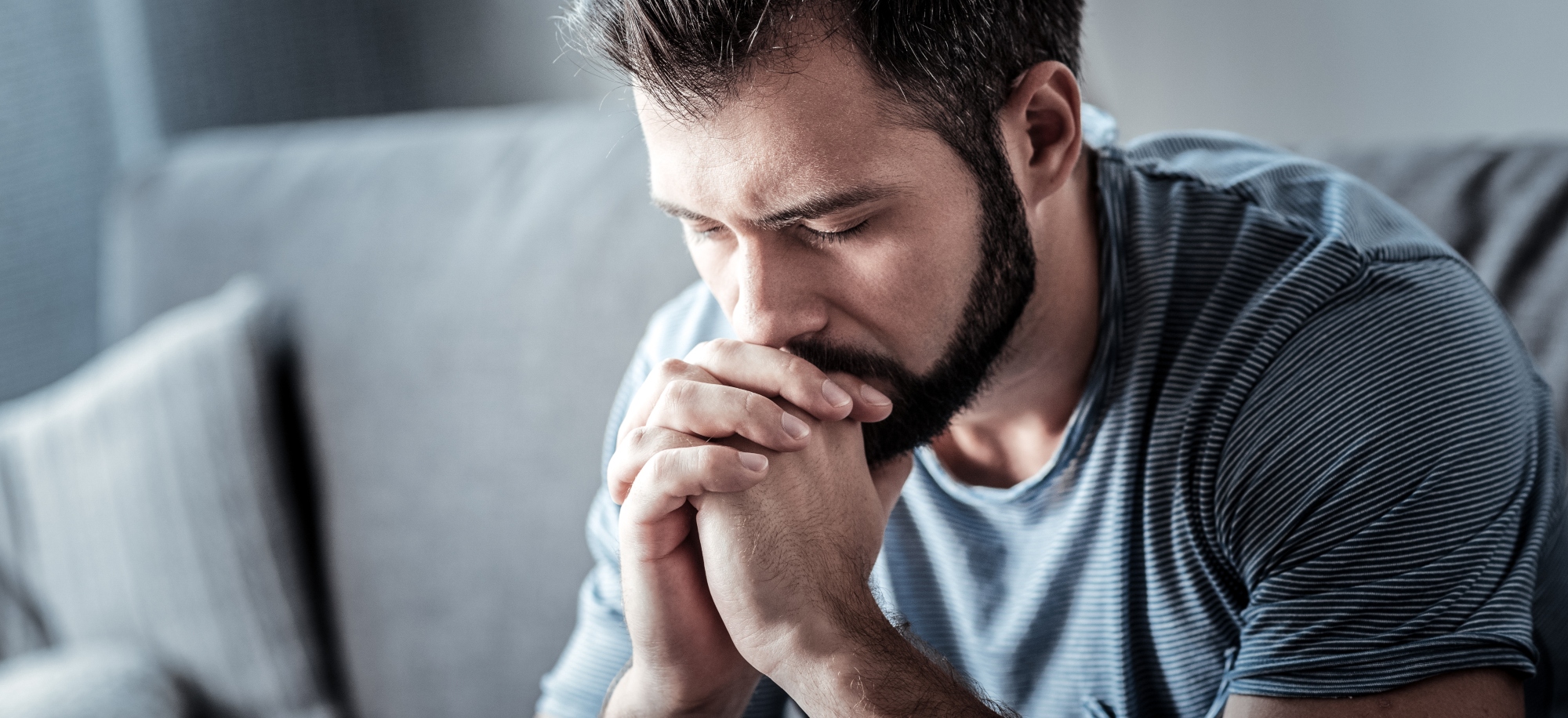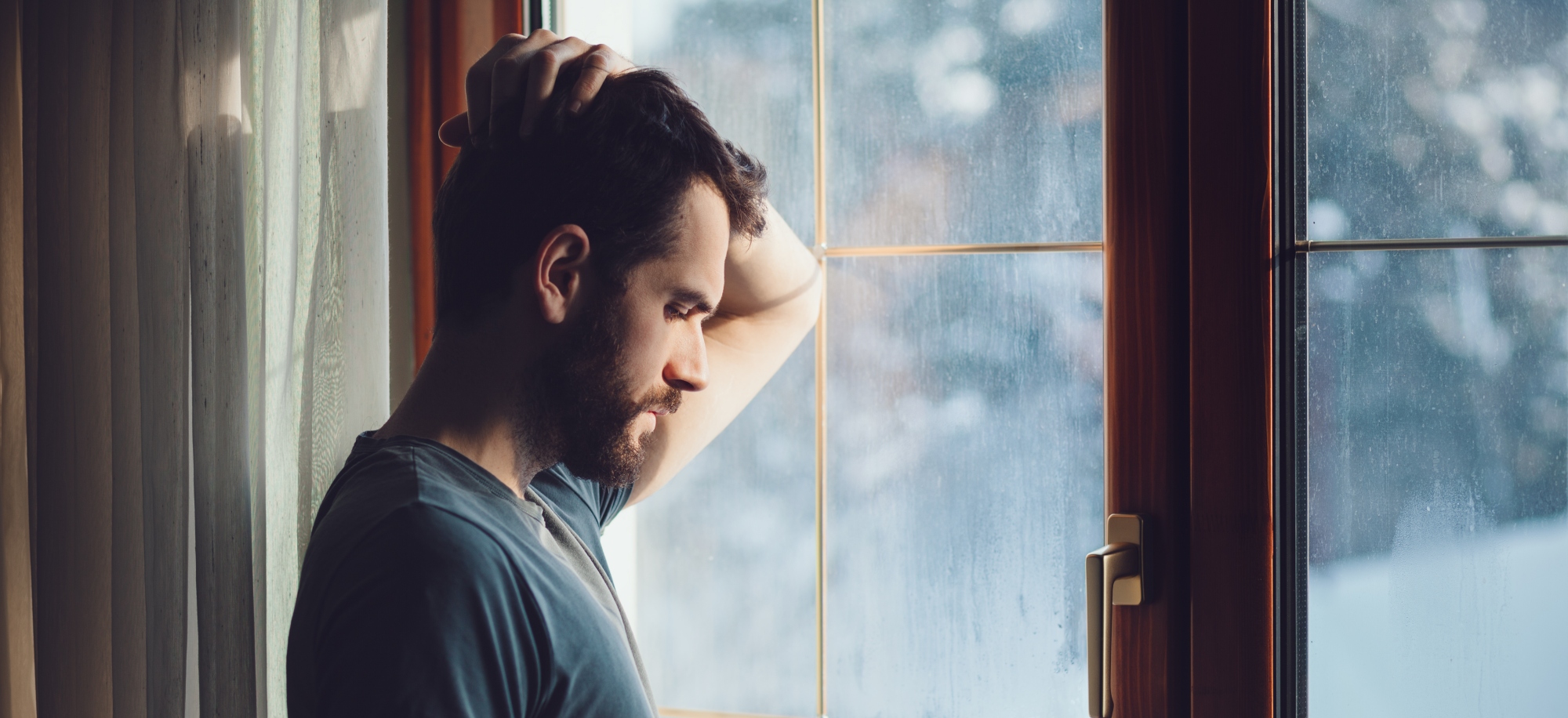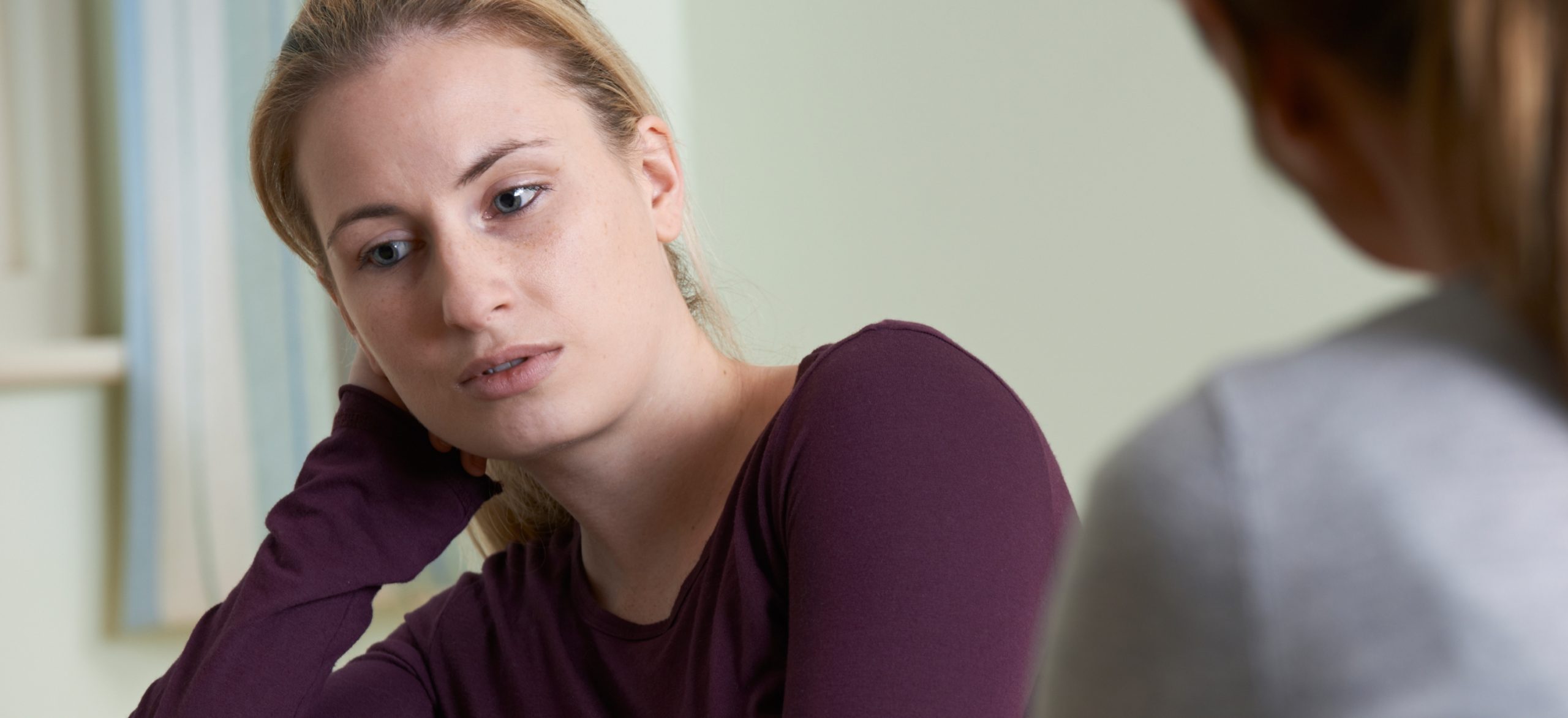Survivors face many challenges, including the attribution of ‘selfishness’ to the deceased by those who lack understanding.
A while back, a post on the Alliance of Hope Forum caught my attention. The gentleman who wrote it was angry at his “uncle by marriage” who had ended his life two days earlier. As he grappled with the death of his uncle, he expressed several of the most clichéd and negative assumptions about individuals who end their lives.
Here is his post:
“Two days ago, my uncle by marriage committed suicide. I wasn’t that close to him, but he always treated me with consideration. … He was a 62-year-old farmer, a pillar of church and community, and his wife found him hung in the barn. No one thought he had any problems. No sign of depression. No note.
I have some mixed feelings. I believe it was his choice to kill himself. Nobody knows how much pain the guy was in, and if that was his solution, then that solution was his to implement. On the other hand, I get the feeling it was like he was saying ‘**** you’ to one and all. Because of that, I say to him, ‘**** you right back at ya. You didn’t get to me with what you did and any suffering you incur because of it is rightly yours and has no claim on me.’
He had a wife, kids, and grandchildren. I think it was a rotten thing for him to do this. It’s like he’s put the reputation of his family, heretofore a family the whole community looked up to, into question. In a way, it let the town down too. He chose this route.”
When I first read the post, it took my breath away.
I was startled by the lack of compassion for the man who had died, as well as the belief system that informed his nephew. And I was concerned about the impact the post might have on other members of the forum. But the post’s writer had invited “other opinions and observations” in his closing paragraph, and “wished everyone on the forum well” … so in I headed in with a response. Here is my response:
“Hello, I am sorry for the loss your family has experienced. A suicide leaves a family and community grappling with complex emotions. Your uncle was a loved and respected man who contributed to others throughout his life. Many will be saddened by his death and may experience turbulent emotions: shock, disbelief, grief, guilt, fear, blame, and anger.
The Alliance of Hope website provides substantial information about suicide. I hope that you will share it with anyone who may benefit from the comfort and education it provides.
Suicide is a shocking event. It leaves loss survivors – no matter how peripheral – with mixed feelings just like the ones you have expressed. Many times people speak of the ‘choice’ the departed made, just as you did. As a mental health clinician and survivor, I believe most people who die by suicide have fallen into a state of such despair that they are not capable of rational ‘choice’ as we regularly define it.
Suicide is not the result of a character flaw. Sometimes individuals have experienced and fought despair for decades – with or without communicating about it. Most people who end their lives do not intend to leave behind a wake of suffering.
Interviews with people who have attempted and survived show that the vast majority who attempt reach a point of hopelessness. Their normal critical thinking ability is severely compromised. Many feel that their death will relieve a burden on their family.
The loss of a loved one by suicide shatters the lives of survivors. They need all the support and love they can get from family and community. Hopefully, you can help those surrounding your aunt recognize that this was a tragic death due to an illness – no different than cancer, diabetes, or heart disease. Hopefully, you and those who love your aunt will take a stand against the stigma which is born of hundreds of centuries of misinformation and misunderstanding of mental illness.
Lastly, I want to address your thoughts about afterlife following a suicide. Truthfully, I do not know what happens after we leave this earth, but I tend to agree with Father Charles Rubey, founder of the Catholic Charities LOSS Program (Loving Outreach to Suicide Survivors.) In response to the concern of a mother for the soul of her son, he expressed substantial doubt that a loving God would penalize anyone who had already been through hell on earth.”
Thoughtless comments, like those in the post above, cut deeply, especially to those newly bereaved and raw with pain.
In the beginning, all I could do was walk away from similar comments, about my stepson. As time passed and I grew stronger, I was able to take a stand and educate. I was able to speak against the centuries-old assumptions about selfishness and damnation. I hope you can too.
And oh – before I close – this gentleman didn’t stay long on our forum, but to his benefit, he did come back with a gracious response. He wrote: “Thank you for recognizing the context in which this mourning is occurring. I’ll check the info sites you’ve listed on suicide and since knowledge is power, it should help round out my perspective.”




